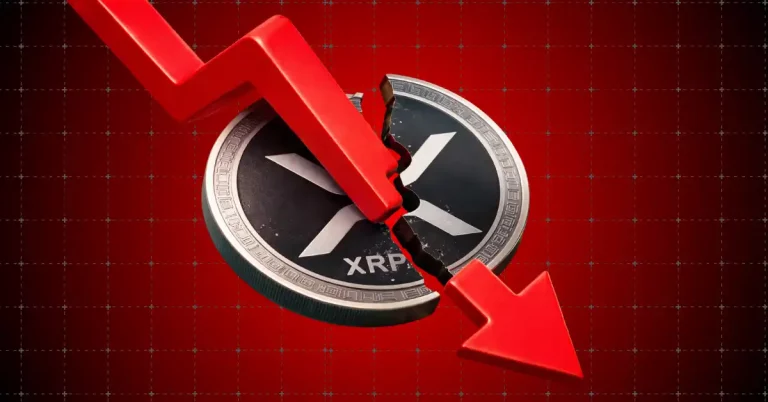
Navigating the Future: Emerging Trends in Fintech Technology
Introduction to Fintech

Fintech, or financial technology, refers to the use of technology to improve and automate financial services. The term encompasses a wide range of technologies, from mobile payments and digital wallets to blockchain and artificial intelligence. As the fintech industry continues to grow and evolve, it’s essential to stay on top of the latest trends and developments.
Emerging Trends in Fintech

Fintech is a rapidly changing field, with new trends and technologies emerging every day. Some of the most significant emerging trends in fintech include:
- Blockchain and Distributed Ledger Technology: Blockchain technology has the potential to revolutionize the way we think about financial transactions. By providing a secure, decentralized, and transparent way to record transactions, blockchain could help to reduce the risk of fraud and increase the efficiency of financial systems.
- Artificial Intelligence and Machine Learning: AI and machine learning are being used to improve the accuracy and speed of financial transactions, as well as to detect and prevent fraud. These technologies are also being used to provide more personalized financial services, such as tailored investment advice and portfolio management.
- Mobile Payments and Digital Wallets: Mobile payments and digital wallets are becoming increasingly popular, as they provide a convenient and secure way to make transactions. With the rise of contactless payments and mobile-only banks, it’s likely that we’ll see even more innovative payment solutions in the future.
- Regulatory Technology (RegTech): RegTech refers to the use of technology to help financial institutions comply with regulatory requirements. This can include everything from automated reporting and compliance tracking to risk management and audit software.
The Future of Fintech

As the fintech industry continues to evolve, it’s likely that we’ll see even more innovative technologies and trends emerge. Some of the potential future developments in fintech include:
- Increased Use of Biometric Authentication: Biometric authentication, such as facial recognition and fingerprint scanning, could become more widespread in the fintech industry. This would provide an additional layer of security and help to prevent identity theft and fraud.
- More Focus on Financial Inclusion: Fintech has the potential to increase financial inclusion, particularly in developing countries. By providing access to financial services and products, fintech could help to reduce poverty and improve economic outcomes.
- Growing Importance of Cybersecurity: As the fintech industry becomes more reliant on technology, cybersecurity will become an increasingly important issue. Financial institutions will need to invest in robust security measures to protect their customers’ data and prevent cyber attacks.
Conclusion

Navigating the future of fintech requires a deep understanding of the emerging trends and technologies that are shaping the industry. By staying on top of the latest developments and innovations, financial institutions and individuals can position themselves for success in a rapidly changing landscape.






